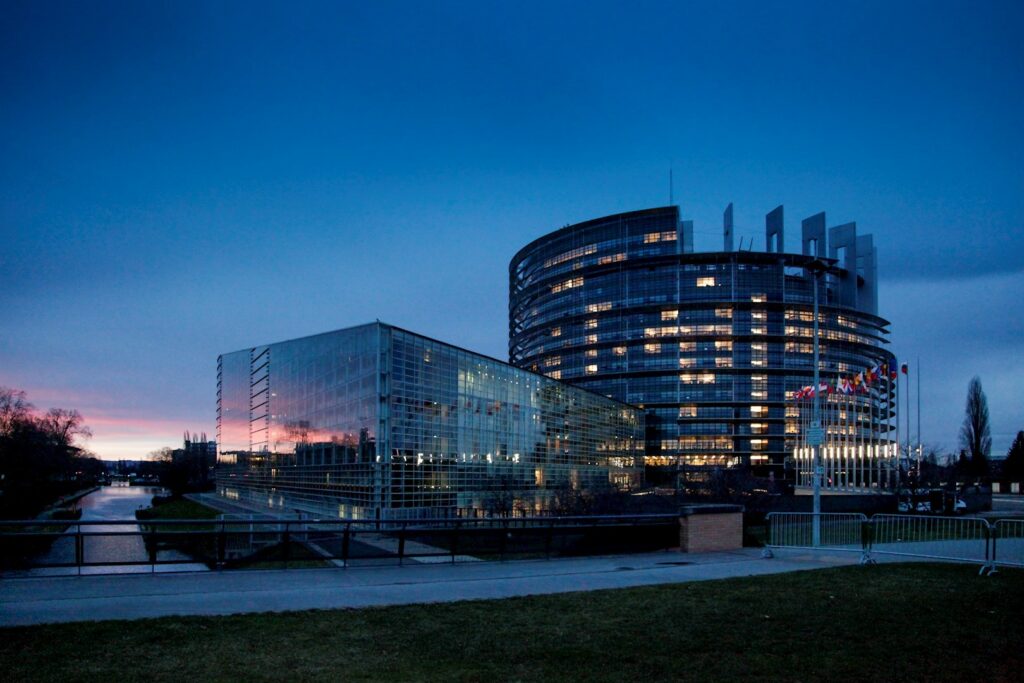European Parliament sends mixed message on crop-based biofuels
Move to ban crop-based biofuels threatens EU climate-change mission and kills incentives to invest in advanced renewables
BRUSSELS, 24 October 2017 – The European Parliament environment committee’s vote on Monday for a total phase-out of crop-based biofuels by 2030 takes a bad proposal from the European Commission and makes it even worse – threatening EU climate goals and discouraging investment in advanced renewables.
The Commission had proposed reducing the cap on crop-based biofuels from 7% to 3.8% by 2030, but a thin majority of MEPs on the environment committee want that cap set at 0%. ENVI MEPs differentiate among biofuels and reward those like European ethanol with high GHG savings and low risk of adverse impacts. But the agreement falls short of setting any incentive for the blending of these sustainable low-carbon biofuels.
“The vote shows a very divided European Parliament,” said Emmanuel Desplechin, Secretary General of ePURE, the European renewable ethanol association. “Even as they adopted a higher and binding renewables target, MEPs cannot agree about what to do with transport, a sector that accounts for a quarter of the EU’s total emissions. On the one hand, they have adopted a high ambition to decrease the carbon intensity of transport fuels; on the other hand, they are banning European crop-based biofuels a few years after promoting them.”
The European Parliament’s move contrasts with the latest draft proposal from the Council, which calls for more flexibility for Member States in meeting their targets for renewables in transport.
“The European Parliament ITRE Committee and Plenary must now realise that the constant changes in the EU’s policy on crop-based biofuels will discourage investment in advanced biofuels – thus defeating one of the goals of the Commission’s proposal,” Desplechin said. “As the most recent Council text recognises, most EU Member States see investment certainty for crop-based biofuels as a ‘sine qua non’ for adequate future investment. That is why they want to set a 15% target for renewable energy in transport and maintain the current 7% cap on crop-based biofuels.”
